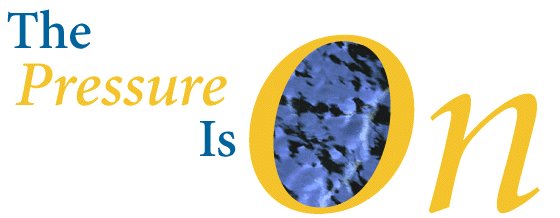In a recent article in HBR, Andris Zolters explains that many organizations are linking some part of a professionals bonus structure to profitability.
Personally I have seen this turn into a disaster, but only because it was so complicated it looked like a punitive compensation plan rather than an incentive for good/strategic behavior. Professionals had a "what's the use" mentality shortly after the program was rolled out. They saluted the program after learning other who complained about it were placed in a penalty box for not "being part of the solution."
By the way, that firm had a disastrous year and subsequent year. The CEO was removed for poor performance and poor behavior in the corporate office, the firm's stock price dropped, and the firm was purchased by a much smaller firm. This was not necessarily a direct cause of the incentive program, but integrity was a direct link back to the thinking of executives.
As for profitability, there are some people who believe that sales and other professionals have little control over profitability. I do not agree with this statement. Ask any sales person who is out there selling, about their biggest challenges, and invariably price comes up. Ask them how they navigate price, and the reply will be, we need to beat the competition's price--so we discount.
Zolter's points out that some firms "pay a commission on the revenues salespeople generate or a bonus for achieving a territory sales quota. This proven 'pay for performance' approach motivates salespeople to work hard and drive sales results. But today, companies increasingly expect salespeople to deliver not just sales but profitable sales growth. Logically, it follows that a sales force can align salespeople’s effort with company profitability goals by linking incentives to profit, rather than sales metrics." (HBR Article: When Sales Incentives Should Be Based on Profit, Not Revenue)
Clients can't always determine what is best for them and their organization. Professionals have to "teach" and educate clients on the value their services and solutions bring. The value is all about translating solutions into measurable business results. The value is increased when the professionals then follow-through. Adding a kicker to profits in addition to teaching professionals how to sell the value is exactly what the best professionals and firms do. The net net: establish value with clients and reward professionals on their ability to establish that value.
Personally I have seen this turn into a disaster, but only because it was so complicated it looked like a punitive compensation plan rather than an incentive for good/strategic behavior. Professionals had a "what's the use" mentality shortly after the program was rolled out. They saluted the program after learning other who complained about it were placed in a penalty box for not "being part of the solution."
Incentives Should Be Tied to the Integrity of the Firm
Soon, however, the best professionals had their resumes out on the street, not so much because of the money, but because of the "integrity" or "lack of integrity" that was being messaged. The indirect message was: suck it up; but yes we are promoting an open dialogue, but only when you agree with our opinions."By the way, that firm had a disastrous year and subsequent year. The CEO was removed for poor performance and poor behavior in the corporate office, the firm's stock price dropped, and the firm was purchased by a much smaller firm. This was not necessarily a direct cause of the incentive program, but integrity was a direct link back to the thinking of executives.
Incentives Should Be Tied to the Strategy of the Firm
Zolter's points out that incentive plans should be linked to the strategy of the firm. In my words: Does the compensation program tie back to the strategy? Where are we going? What do we want? How do we incentivize performance in the direction of these questions?As for profitability, there are some people who believe that sales and other professionals have little control over profitability. I do not agree with this statement. Ask any sales person who is out there selling, about their biggest challenges, and invariably price comes up. Ask them how they navigate price, and the reply will be, we need to beat the competition's price--so we discount.
Zolter's points out that some firms "pay a commission on the revenues salespeople generate or a bonus for achieving a territory sales quota. This proven 'pay for performance' approach motivates salespeople to work hard and drive sales results. But today, companies increasingly expect salespeople to deliver not just sales but profitable sales growth. Logically, it follows that a sales force can align salespeople’s effort with company profitability goals by linking incentives to profit, rather than sales metrics." (HBR Article: When Sales Incentives Should Be Based on Profit, Not Revenue)
Sell the Value of Your Services
I agree with this model and kicker for profits. Some professionals give away the farm to get a deal and therefore profits suffer. If you teach the professionals who are responsible for driving business how to sell the value of the services and products, you won't be reduced the most common denominator--price.Clients can't always determine what is best for them and their organization. Professionals have to "teach" and educate clients on the value their services and solutions bring. The value is all about translating solutions into measurable business results. The value is increased when the professionals then follow-through. Adding a kicker to profits in addition to teaching professionals how to sell the value is exactly what the best professionals and firms do. The net net: establish value with clients and reward professionals on their ability to establish that value.










No comments:
Post a Comment